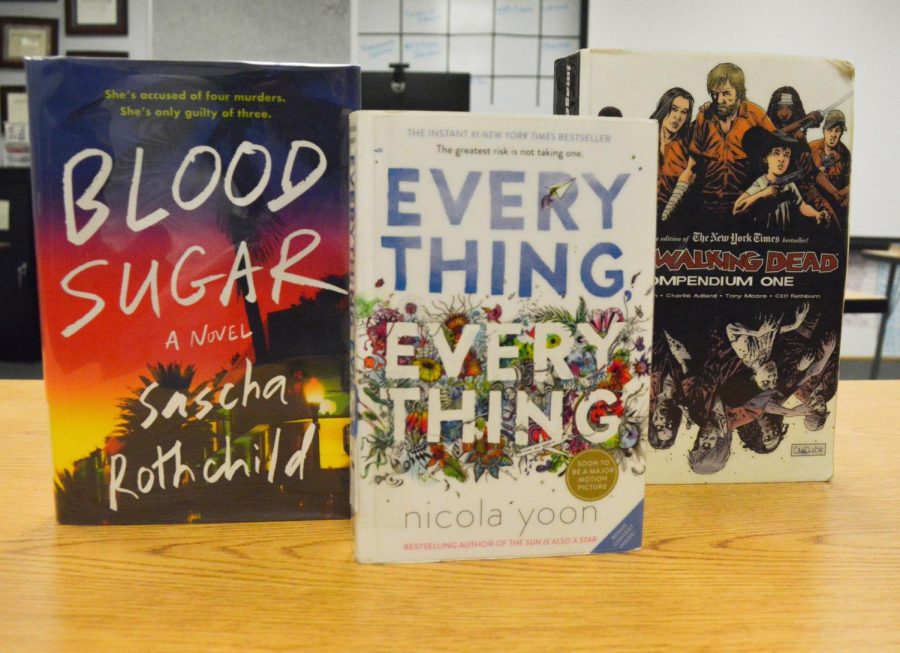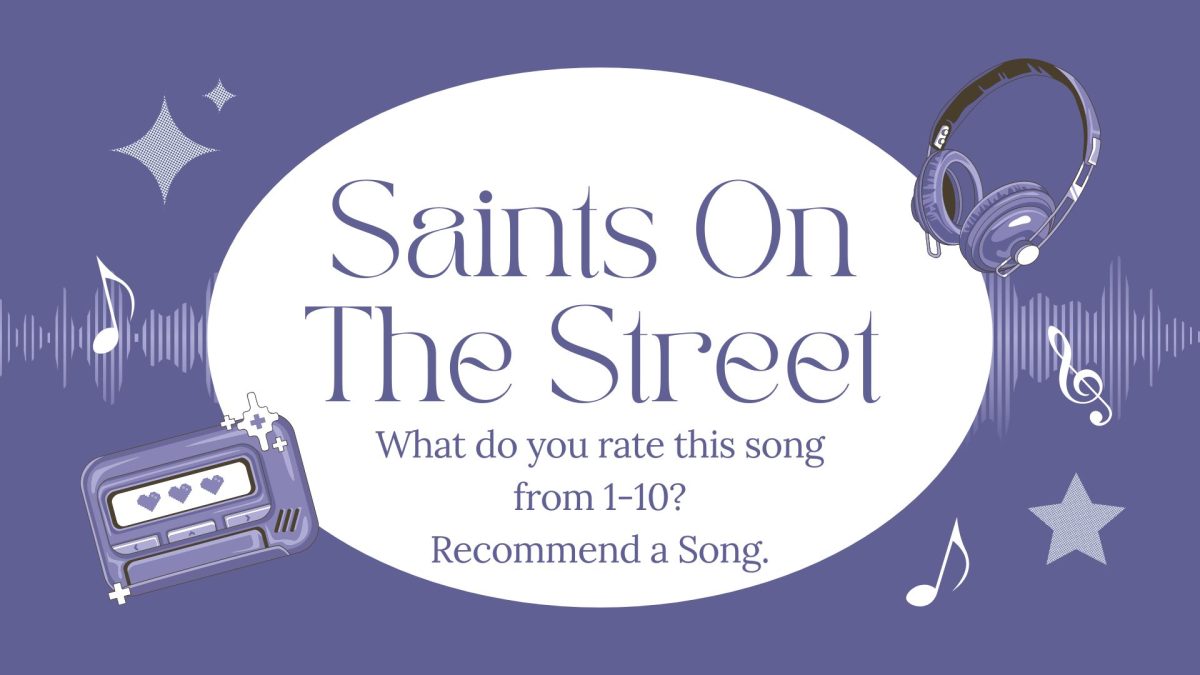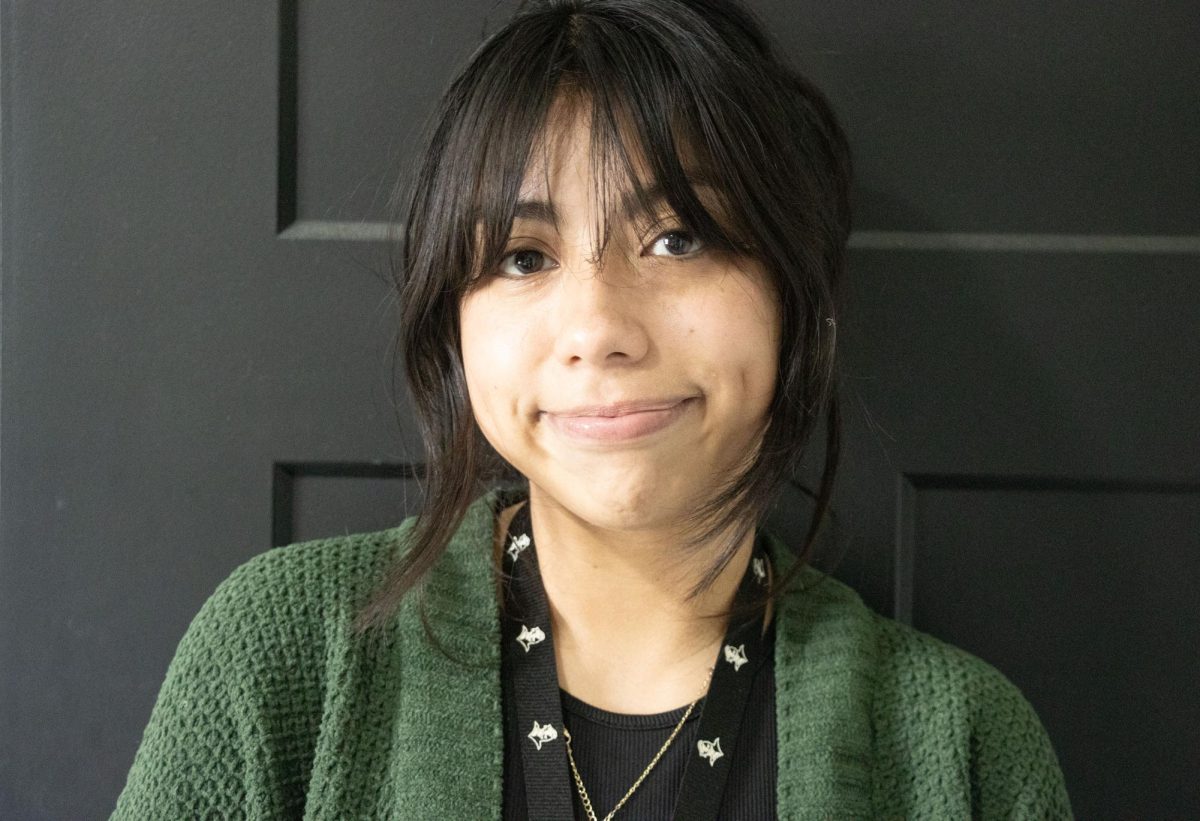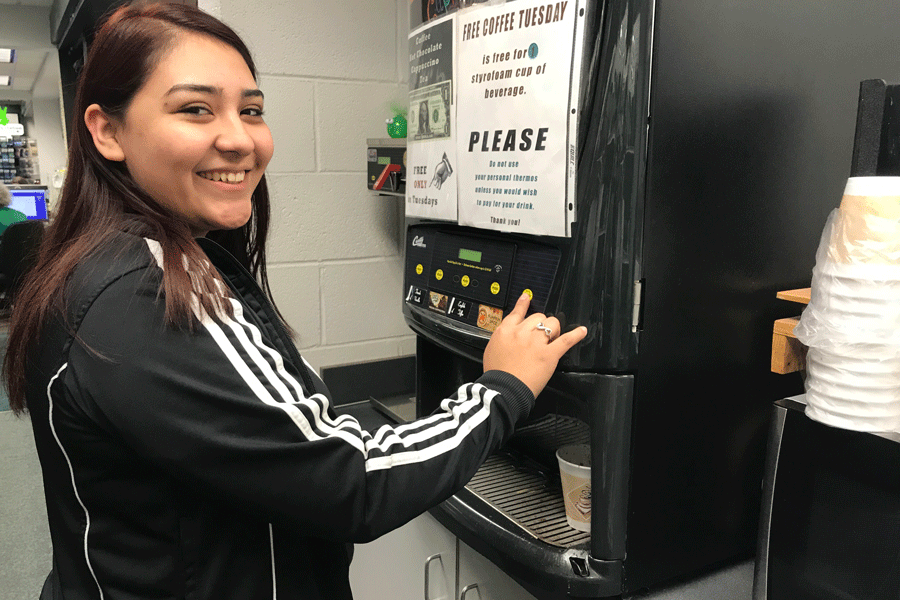The Mysteries of Coffee
Angelica Alfaro enjoys free coffee in the bookstore on Tuesday, Nov. 28.
November 28, 2017
The cold season is here and there’s nothing better than a free hot cup of coffee or hot chocolate from the Saints Bookstore on a Tuesday morning to keep you warm. Coffee is well known for its energy boosting properties. The drink is most popular among college students due to our tendency to procrastinate, which leads to all-nighters and long, mentally draining study sessions.
“I didn’t used to drink coffee in high school,” sophomore business major, Rosa Montes, said. Now, Montes is a regular coffee drinker.
“I started drinking coffee my first year of college; it helps get me through the day since I often work late and have to stay up doing homework,” Montes said.
Caffeinated drinks can really boost productivity. It is often believed that caffeine can be bad for our health and may lead to the risk of cancer, heart disease or stunted growth.
Coffee actually provides more health benefits than risks when it is drank black and in moderation. Aside from being a stimulant for the nervous system, coffee has properties that can protect against diseases, improve cognitive functioning and prevent tooth decay.
Coffee doesn’t just serve the purpose of making someone less tired in the mornings or keeping them up all night. The fact is, coffee can be very beneficial for many things concerning overall health.
Sophomore biology major, Kevin Loya, says he likes drinking coffee, but he tries to avoid it due to the negative side effects he’s heard about.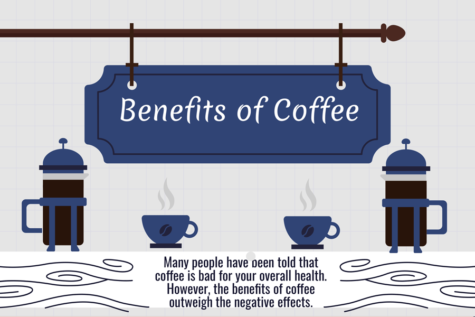
“I have read articles that say coffee makes your heart race and it makes you shaky,” Loya said.
This may be true for some people that consume coffee in high amounts and with people who already have high blood pressure.
Most people believe that drinking coffee may lead to heart disease, which makes us prone to heart attacks. It was also considered a potential carcinogen by the World Health Organization (WHO). But according to Dr. Robert H. Shmerling in an article published in the Harvard Health, show studies linking coffee consumption to cardiovascular disease have only observed it with higher consumption.
However in more recent studies, the WHO has officially taken coffee off their list of potential carcinogens. Furthermore, coffee is not unhealthy and doesn’t present any kind of risk unless it is consumed in very high amounts.
So in what way is coffee beneficial to our health? Recent studies have found that drinking a moderate amount of coffee (three or four cups a day) can have several benefits, including a longer life. Because coffee is rich in antioxidants and contains ingredients that affect the hormone levels responsible for our metabolism, it can help fight various diseases such as type two diabetes and even some forms of cancer.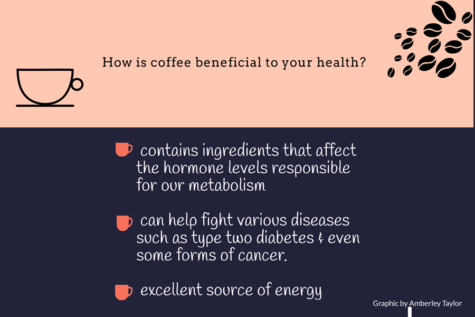
An 11-year research done by the Archives of Internal Medicine showed that those who drank six or more cups of coffee a day had a 22 percent less risk of developing type two diabetes. More research done at the University of Southern California also found that moderate coffee consumption was associated with a 26 percent reduction in the risk of colorectal cancer and a 29 percent reduction in the risk of liver cancer.
On top of this, coffee has also been found to help prevent old age diseases such as: Alzheimer’s and Parkinson’s disease, which makes coffee accountable for longer lifespans.
The point is, coffee is not only delicious and an excellent source of energy, it also contains many other properties that can be favorable to our health now and in the long-run.
The Saint’s Bookstore offers free coffee every Tuesday, giving avid coffee drinkers the perfect opportunity to satisfy their caffeine necessities on campus.




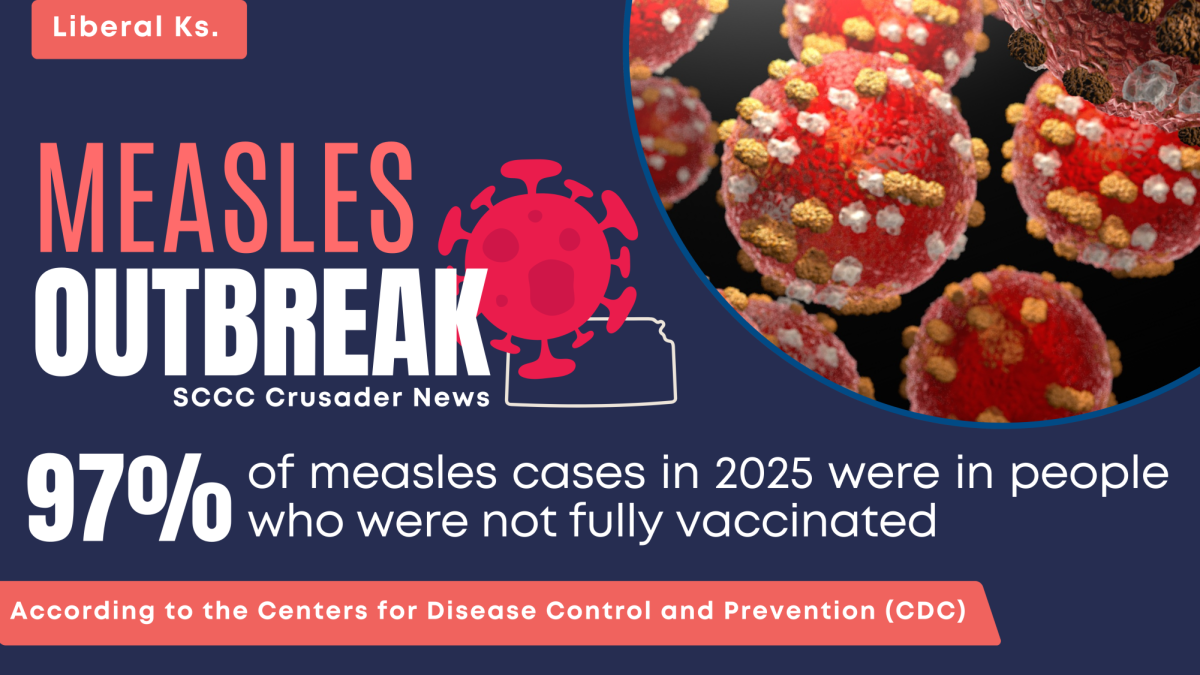









![The sophomores were recognized on the field instead of walking across the stage during their doubleheader. They received their diplomas and a picture of themselves playing during their career at Seward. [Pictured left to right are Dylan Day, Reed Thomas, Jase Schneider, Mason Martinez, Gannon Hardin, Brody Boisvert, and Zach Walker]](https://crusadernews.com/wp-content/uploads/2022/05/WEBDSC_0275-900x454.jpg)

































